Tried social media advertising, but not getting the results you expected?
If so, the problem might lie in your targeting. Instead of targeting your ads to larger audiences, you should experiment with targeting ads specifically to the people most likely to complete your conversion goals, such as becoming a lead or customer for your business.
In this post, we’re going to look at advanced targeting options you can use on the top social networks that offer advertising.
Advanced Targeting Options on Facebook
Facebook, by far, has the most advanced targeting options in the social media advertising world. These options will help both B2B and B2C reach their ideal audiences. Best of all, thanks to Facebook’s ownership of Instagram, Instagram ads will have the same targeting options when they become available.
Choose Your Audience
Your first option when creating ads through Facebook Ads Manager is to use the Choose Your Audience settings to target your ads. On the surface, you will see the basic audience targeting options.
There are two key areas that can help you fine-tune the audience that will see your ads. The first is the dropdown under Locations. By default, it is set to everyone in this location. When you click on the dropdown, you get a few more options.
These options allow you to target people who live in the locations specified, people who recently visited the locations specified who may be traveling or live there, and people traveling in the locations specified but who do not live there. For local businesses, these options help ensure that only the right audiences see their ads.
For example, let’s say you have a local business that sells mattresses. People that do not live in the area are probably not going to buy a mattress, so there’s no need to target people who are traveling. Instead, target the people who live in the locations specified.
On the other hand, let’s say you have a local business that offers tours around the city. People that live in the area are probably not going to sign up for tourist attractions, so there’s no need to target them. Instead, target the people traveling in the locations specified.
The second key area to use for advanced targeting is the More Demographics dropdown. These options allow you to go beyond location, age, gender, and language into specifics about your audience, from their current relationship status to their most recent life events.
Want to target newly engaged couples with a wedding photography business? Want to target CEOs in the healthcare industry with a magazine? Want to target first-time homebuyers with a mortgage program? Want to target college students who studied accounting with your university’s Master’s program?
These and other options are all available to you under the More Demographics dropdown.
While you shouldn’t use all of these at the same time, a combination can help you target 1,600 big-city moms with newborns and a net worth of over $1M with your high-end (expensive) baby strollers or nanny services.
Custom Audiences
Custom Audiences allow you to get even more specific with your ad targeting. In particular, you can create Custom Audiences using your customer lists, website traffic, and app activity.
Most businesses will be able to utilize customer lists and website traffic the most. Your customer lists are any lists that contain email addresses or phone numbers. They allow you to advertise specifically to your leads (email subscribers or contact form submissions), current customers, or past customers.
Website traffic allows you to add a retargeting pixel to your website and target ads to people who have visited your website within the last 30 – 180 days, depending on your settings. In terms of advanced options, you can create ads specific to the pages that people have visited.
For SAAS businesses, this means you can create ads that highlight a specific feature that a website visitor clicked upon on your website. For eCommerce businesses, this means you can create ads that highlight a specific product that a website visitor looked at.
You can also create ads that target prospects that are in specific parts of your funnel using the option to target people who visited one page, but not another.
For example, if you have a funnel that takes people from a blog post to a webinar registration and ultimately to purchase your product or service, you can create three ads. One for people who visit the blog post but do not register for the webinar, one for people who register for the webinar but do not attend, and one for people who attend the webinar but do not purchase your product.
Advanced Targeting Options on Twitter
In the past, Twitter’s ad targeting options were very limited. But now, they are similar to what Facebook has to offer. When you create ads through the Twitter Ads interface, you will get the following targeting options.
While these options are great, the real advanced targeting option you want to use on Twitter is Tailored Audiences. These can be created using the Audience Manager under the Tools menu in your Twitter Ads interface.
Similar to Facebook’s Custom Audiences, Twitter’s Tailored Audiences allows you to create ad targeting audiences using your website traffic and customer’s email addresses or phone numbers. In addition to these options, you can also create Tailored Audiences using Twitter usernames.
Then, you can copy and paste the usernames from the spreadsheet into a text document and upload it to your Tailored Audience. Any business (B2B or B2C) can use this as a way to create a Tailored Audience with specific Twitter users. You can further refine your list using SocialBro’s filters to people with a large audience, people with recent tweets, and other criteria.
Advanced Targeting Options on LinkedIn
While LinkedIn does not have options for custom audiences based on customer lists or website traffic, they do offer the best targeting options for B2B businesses, or any business that wants ads to reach professional audiences. In the new LinkedIn Ads interface, you can expand the targeting options to include the following.
These options would allow you to target Chief Financial Officers of investment banking companies or VPs in biotechnology. These targeting options are available for sponsored updates, which will put your ad in your target audience’s newsfeed, similar to Facebook.
Don’t Aim Without a Target
If you want to get a strong return on investment with your social media advertising, it’s best to start with smaller, highly-targeted audiences. If you don’t get enough clicks, you can expand the audience by reducing the criteria selected in the targeting options until you do start getting clicks and conversions.
But the key is to start small. Even if you only get five clicks a day with three conversions using a highly-targeted audience, you will spend far less than if you get 100 clicks a day with the same number of conversions using a broadly-targeted audience.
About the Author: Alp Mimaroglu is a Marketing Luminary at Symantec. He specializes in marketing automation, demand generation, analytics, and marketing technology. Alp has extensive experience with both business and consumer marketing. He’s passionate about how technology is rapidly becoming the key to success in both the corporate sales and marketing landscapes. Follow Alp on LinkedIn and Twitter.
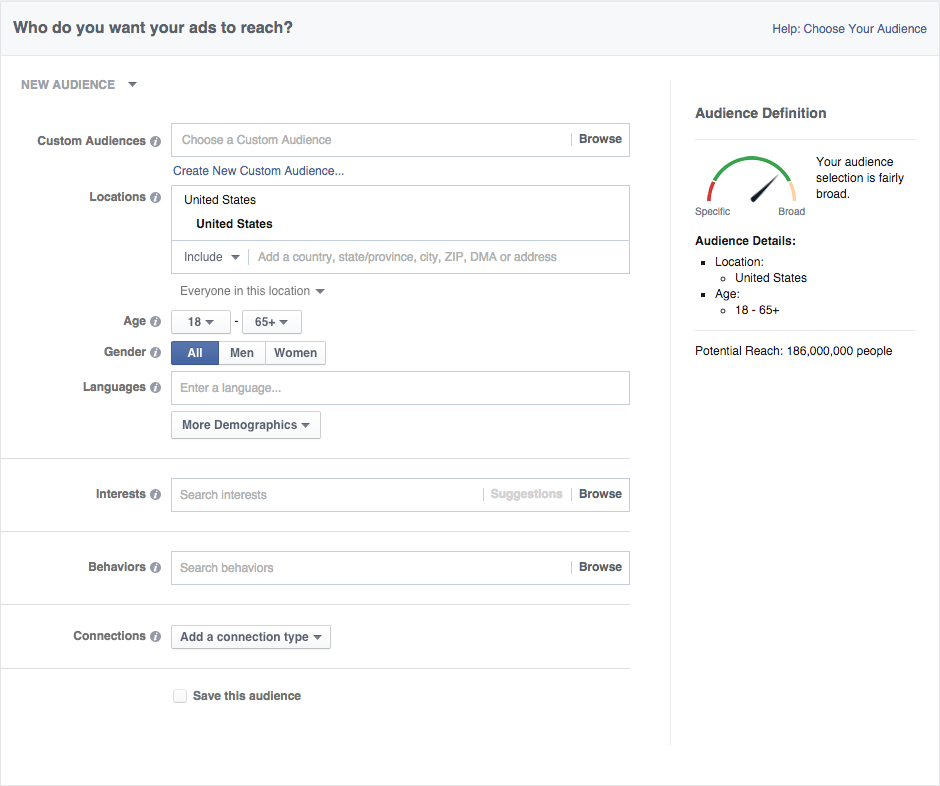
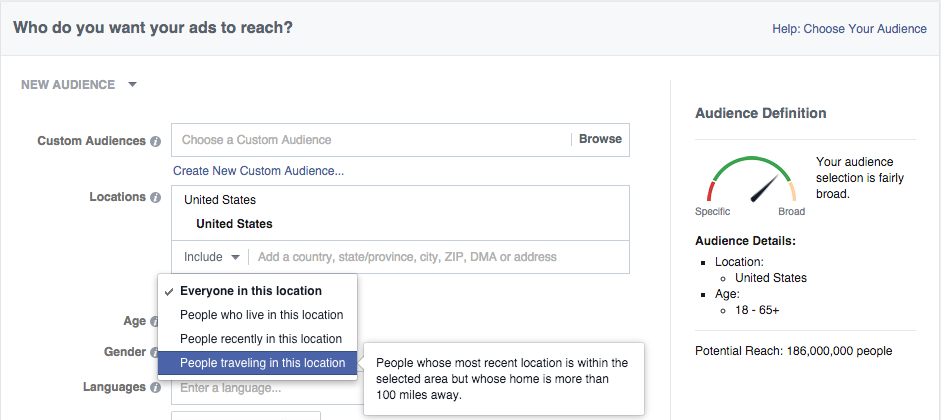
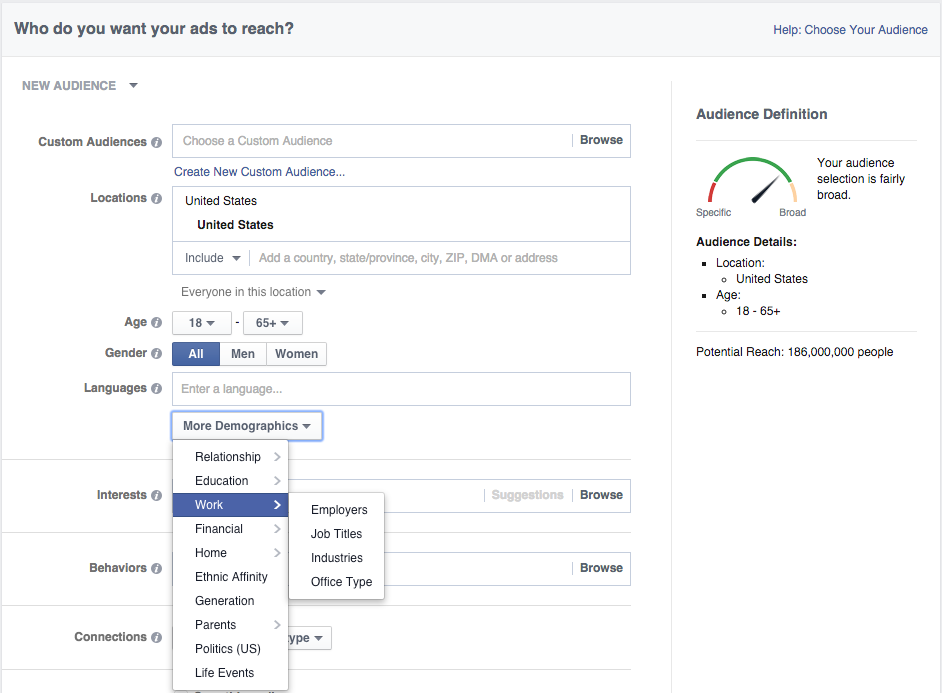
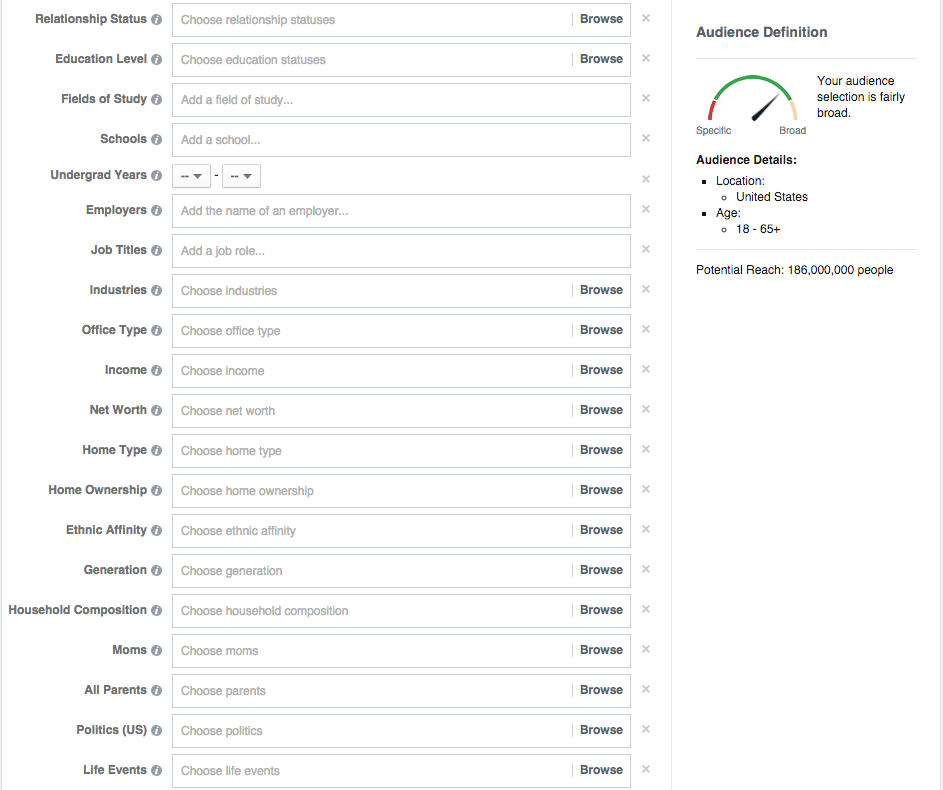
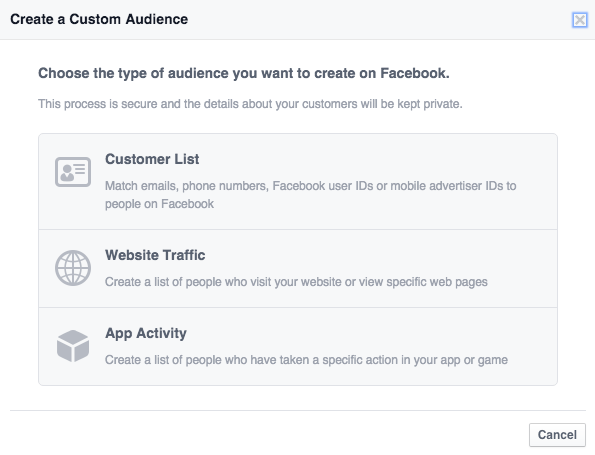
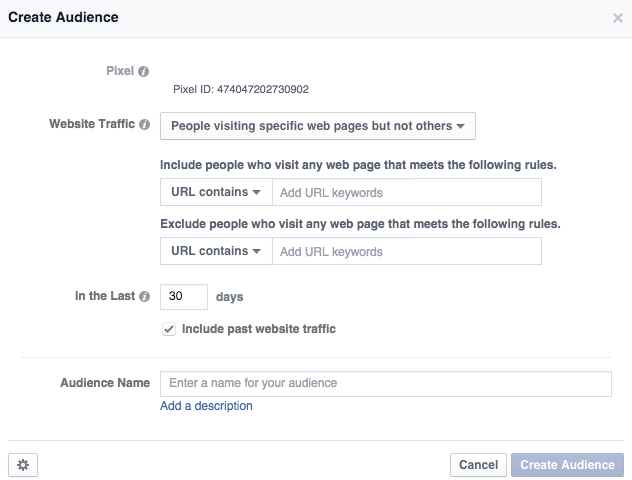
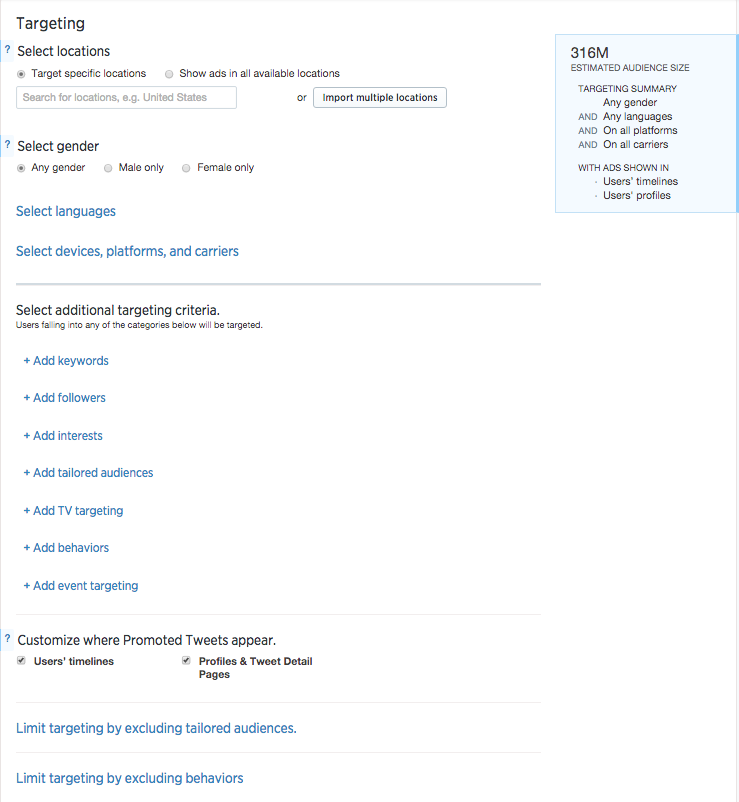
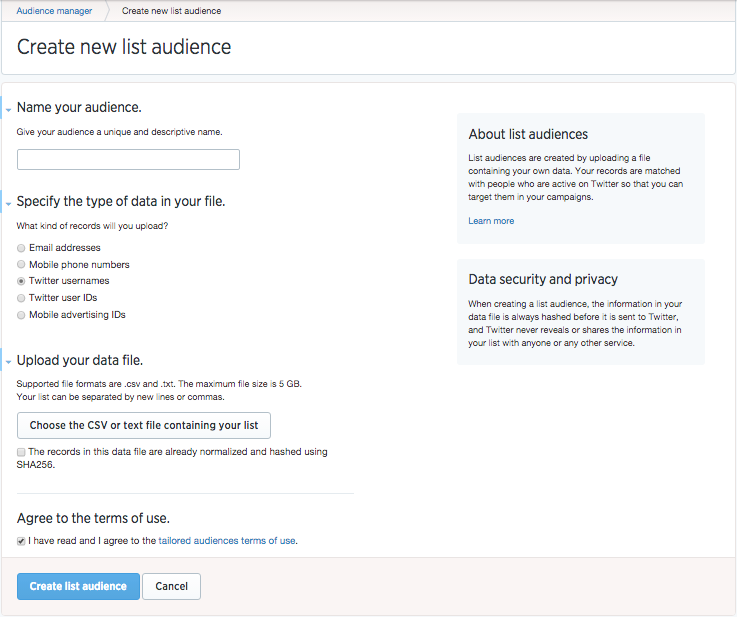
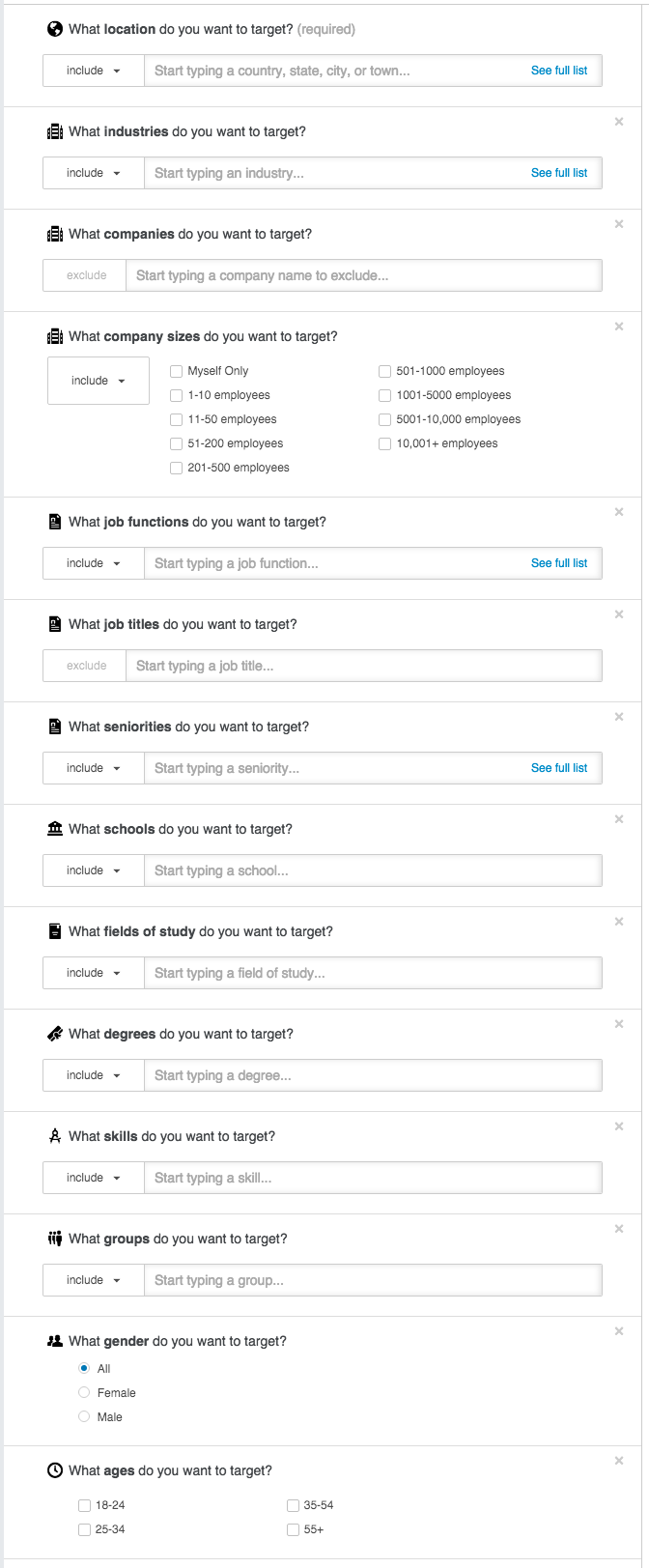
Comments (4)